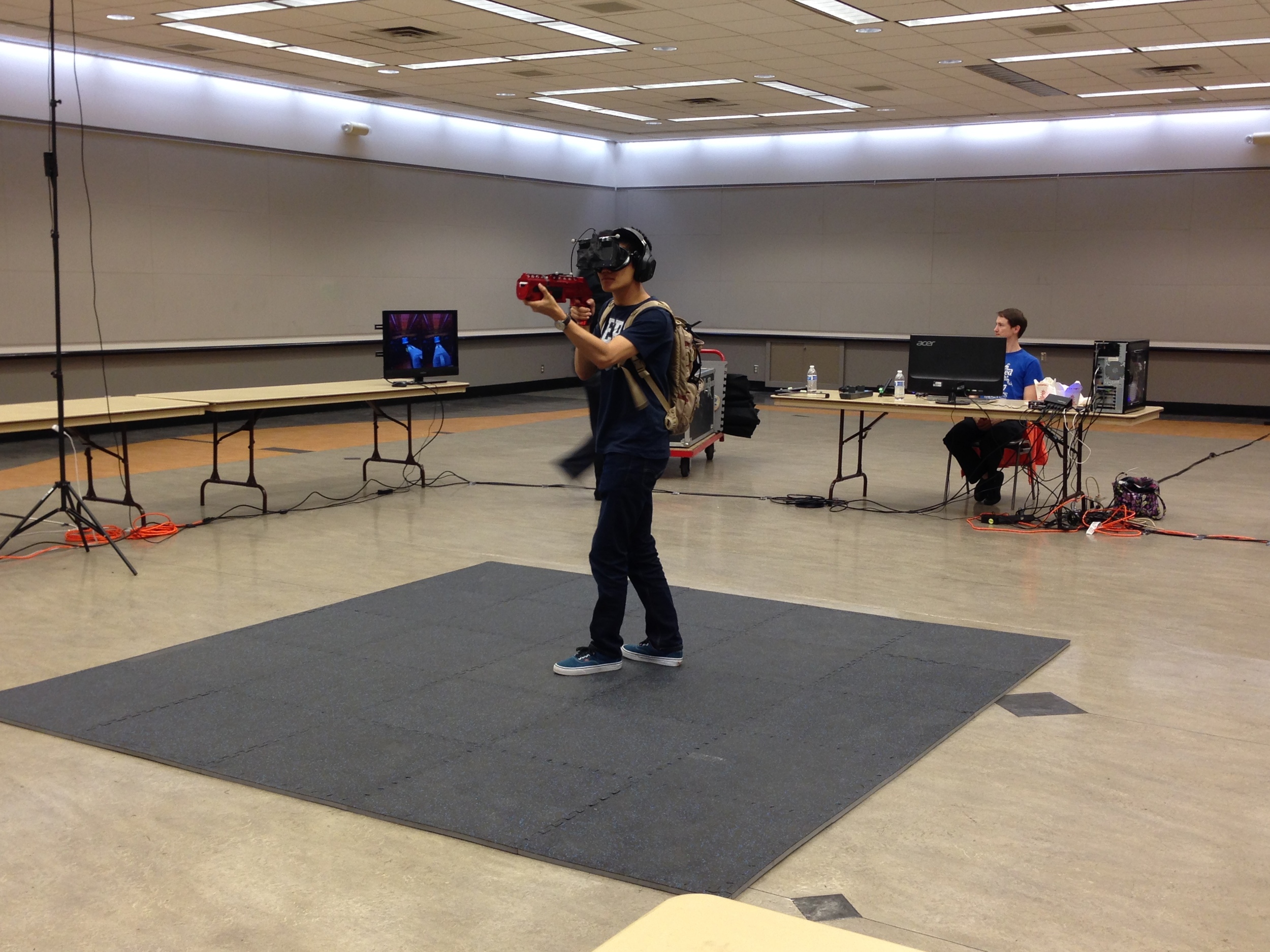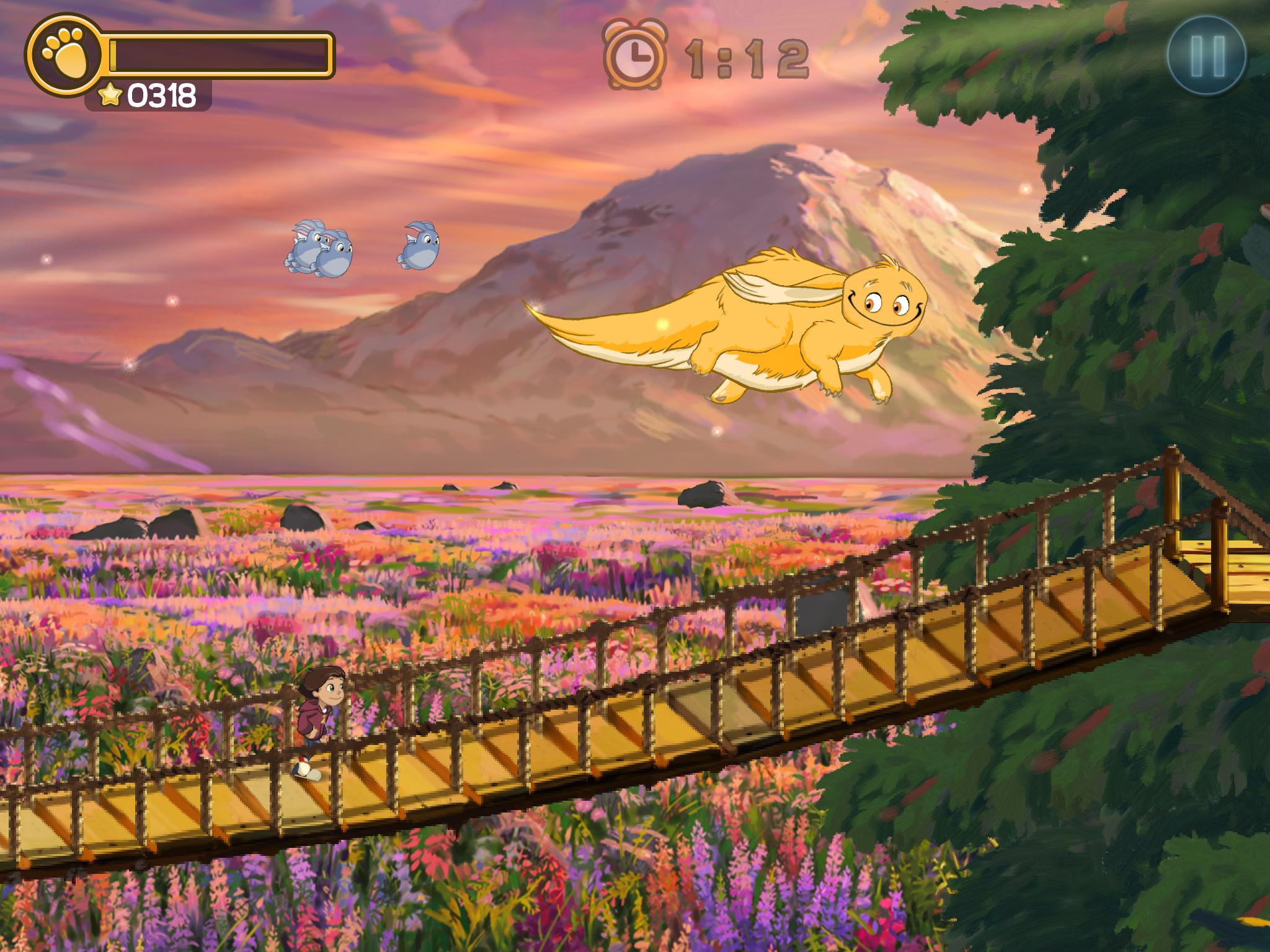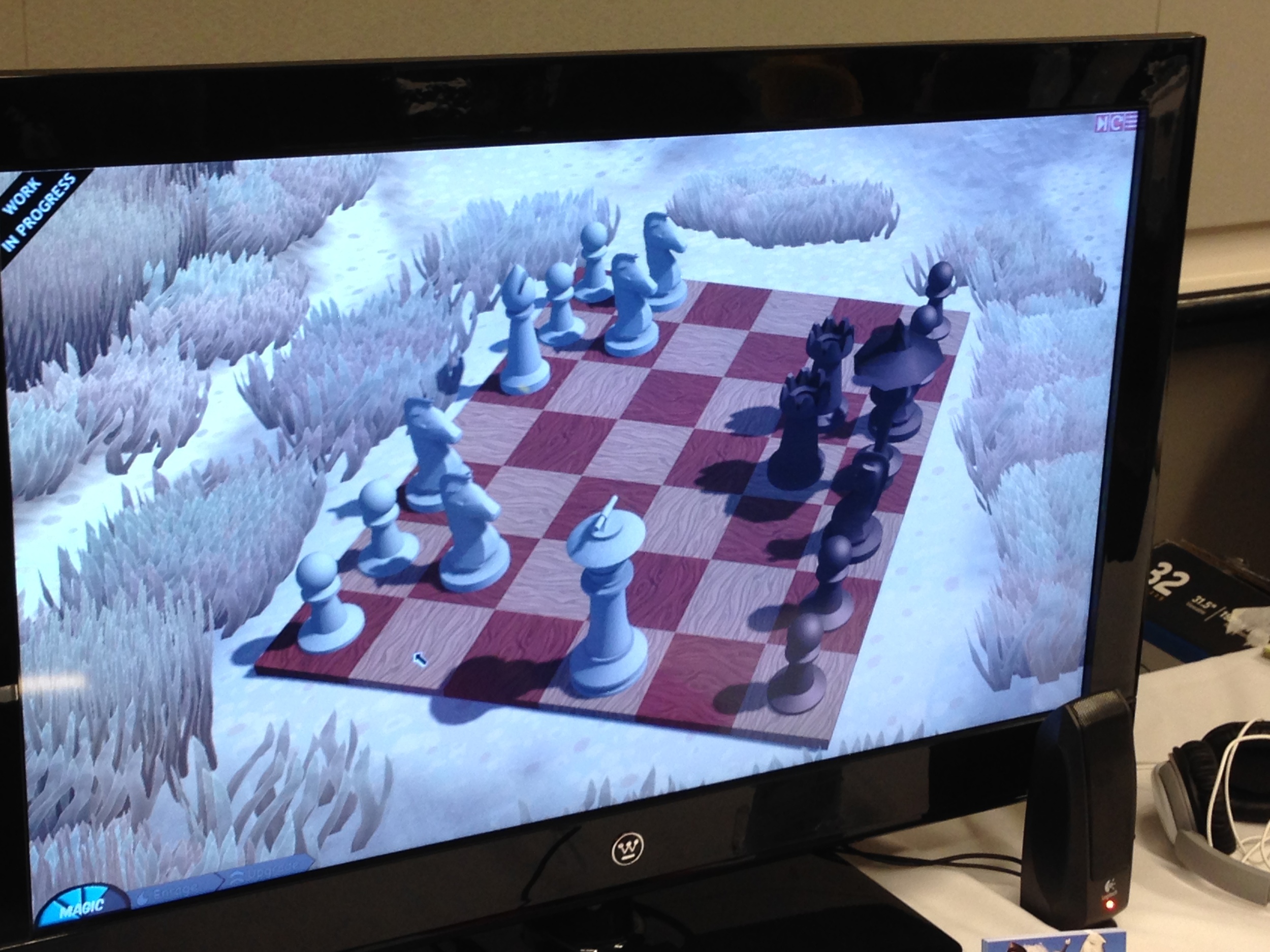Drew Crawford, over at Sealed Abstract:
See, in the in-app purchase model actually predates phones. It predates video game consoles. It goes all the way back to the arcade, where millions of consumers were happy to pay a whole quarter ($0.89 in 2013 dollars) to pay for just a few minutes. The entire video games industry comes from this model. Kids these days.
Crawford's post was in response to an article by Thomas Baekdal about in-app purchases destroying the gaming industry with the latest example being Electronic Arts' (EA) butchering of the classic videogame Dungeon Keeper. (Both Crawford's post and the original post are worth reading, and I think it is especially valuable to view a few minutes of the two videos in the original post.)
I've written about freemium as a damaging force in modern game design, so my opinion on the original Baekdal post should come as no surprise. I do appreciate Crawford's post for its content on modern app economics and Crawford's musings on potential developer strategies for navigating the various issues with app-based businesses.
However, where Crawford's post goes off the rails is the segment (highlighted by the quote above) attempting to relate today's in-app purchasing model with the arcade model of yesteryear.
The two models could not be more different.
The only similarity to be found, if you squint really hard, is in the vague notion of paying for an amount of gameplay time. The critical difference--and this is at the heart of the problem with modern freemium design--is that the in-app purchasing model has nothing to do with player skill.
Think about those old arcade games. Pac-Man. Galaga. Street Fighter 2. All of those games could be played and conquered with a single quarter if the player was skilled enough. The amount of money that a player had to pay was directly tied to his or her own skill level. By comparison, no amount of skill is going to help you acquire those Smurfberries any faster. Only cold, hard (digital!) cash will suffice.
Even the worst 'quarter munchers' like the Teenage Mutant Ninja Turtles or Simpsons arcade games had an element of skill involved. Nothing was quite as sweet as seeing how far you could get on a single quarter.
Admittedly, racing games generally fell into the 'pay more play more' model, but that was often mitigated by the game having a 'winner gets to race again without paying' feature.
Folks, claiming that yesterday's arcade business model is essentially the same as today's in-app purchase business model is akin to saying that receiving a high five is essentially the same as getting a slap to the face. I don't think I have to tell you which one is fun and which one hurts.














